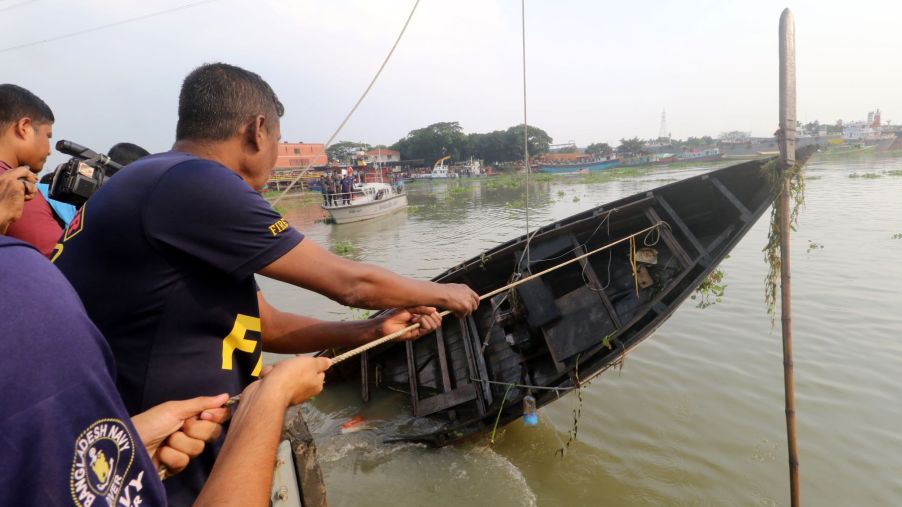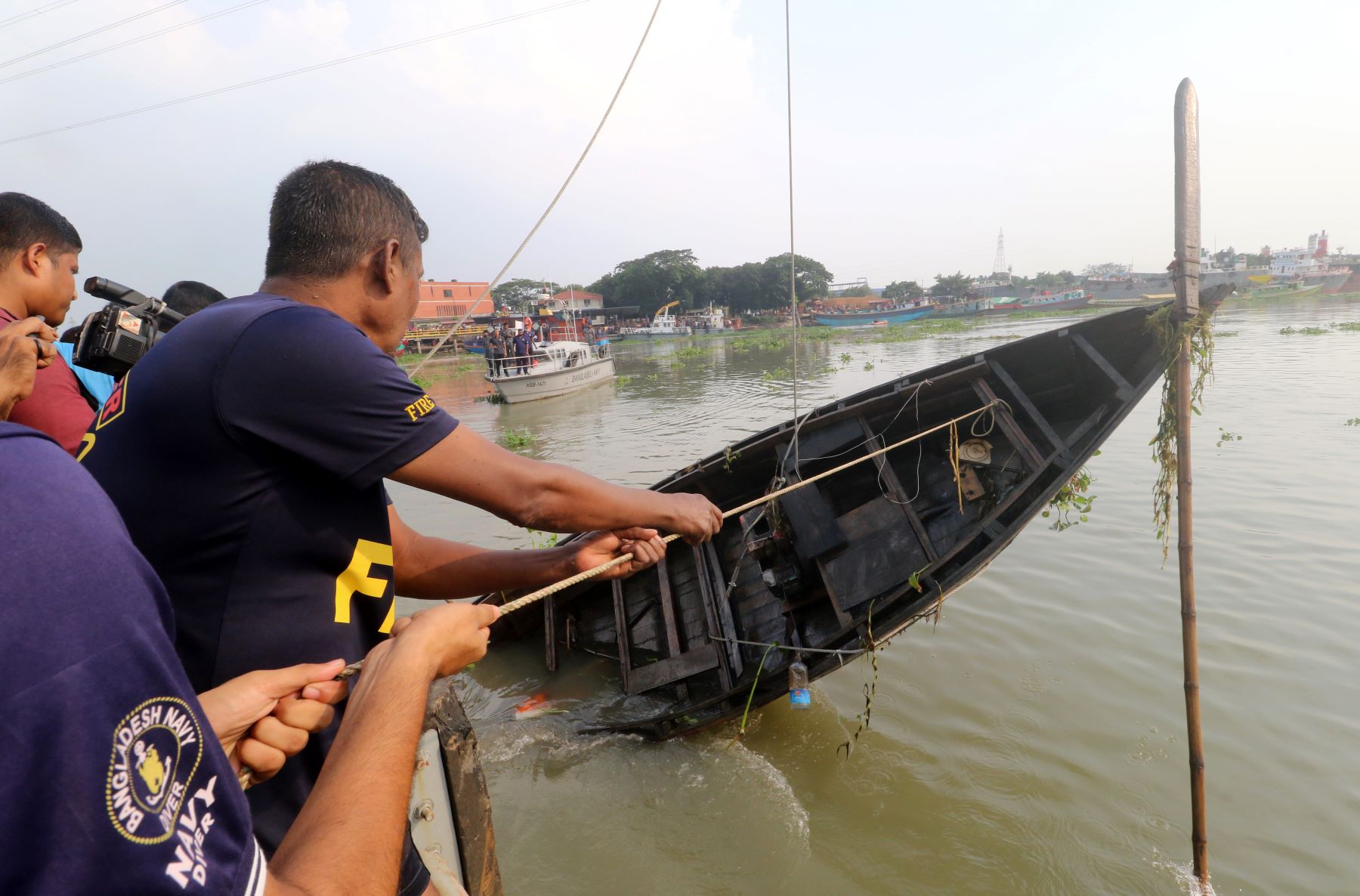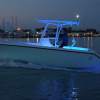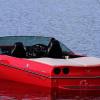
What to Do if Your Boat Capsizes and Floats Away
There are plenty of reasons we love to go boating. A day spent cruising the sea or drifting about on a lake can be tons of fun, as long as you and your boat remain afloat. Would you know what to do if your boat capsized and floated away? Read on, and you will.
Stay calm, and don’t sink with your boat

Before we get into the various reasons a watercraft might sink, here’s what Boat-Ed says to do if your boat capsizes and sinks or floats away:
- Refrain from panicking
- Ensure your personal flotation device (PFD) is securely fastened
- If you don’t have a PFD, grab onto something buoyant
- In cold water, float in lieu of treading water to prevent hypothermia
- Stay with shipmates and wait for help
- Swim to shore only as a last resort
Why boats capsize
Small boats, especially those within the 15- to 19-foot range, tend to capsize more often than larger vessels. Nonetheless, all ships that capsize do so for three main reasons.
Too much weight or weight that is improperly distributed causes more capsized boats than any other reason. Even one extra person or a couple of heavy coolers can make enough difference to cause instability, explains Scott Marine.
The number of seats on a boat is not a perfect indicator of how much it can hold. Instead of counting seats, look for an attached capacity plate that will let you know how many individuals can safely board. To avoid capsizing, discourage passengers from gathering in one place, and never let anyone lean over the vessel’s side, advises Floating Somewhere.
The second most common cause of capsizing is leakage. Some leaks, such as those caused by simply forgetting to re-insert a drain plug, are easily remedied. Out-of-sight leaky fittings like those in live wells can be harder to find and manage. To prevent capsizing due to leaks, keep your boat in excellent repair, winterize it safely, and always check for visible leaks before you embark.
The third-commonest cause of capsizing is the weather. Smaller vessels, especially when laden and sitting low in the water, can be easily overwhelmed by waves and/or boat wakes. As any experienced boater knows, weather on the water can change instantly. If you’re at sea in a small vessel and the weather suddenly changes from sunny to squall, head back to port right away to avoid a dangerous capsize situation.
Seven tips to prevent capsizing
Safe-Skipper offers these helpful tips that can help to prevent a capsize situation:
- Understand your boat’s limitations
- Never overload your boat
- Regularly pump the bilges
- Maintain a generous margin of safety
- Know when to yield to conditions in lieu of fighting them
- Avoid areas known for riptides
- Avoid beam-on breaking waves
What to do if your boat sinks
No boat is 100% unsinkable. If a capsize seems inevitable, use channel 16 on your VHF radio to send out a mayday signal. If you are close enough to land for phones to work, dial 911 on your cell phone, and tell the dispatcher that your vessel is in imminent danger. Remain calm, speak clearly, and be sure to describe your boat and location and any life-threatening passenger injuries.
Grab as much food, water, and emergency supplies as you can carry. Keep an emergency radio in a plastic waterproof bag and use it to listen for updates as you remind yourself and your imperiled passengers to remain calm.
The best way to deal with capsizing is to prevent it from happening in the first place. Maintain your vessel, don’t overload it, and keep an eye on the weather. Understand your bilge system before boating, and know your vessel’s limitations.


